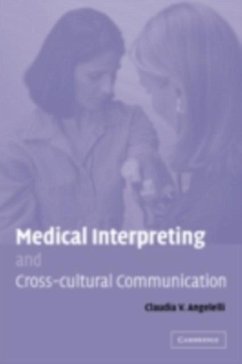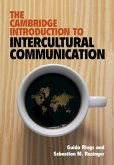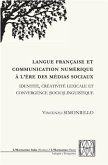When healthcare providers and patients do not speak the same language, medical interpreters are called in to help. In this book - the first ever ethnographic study of a bilingual hospital - Claudia Angelelli explores the role of medical interpreters, drawing on data from over 300 medical encounters and interviewing the interpreters themselves about the people for whom they interpret, their challenges, and how they characterize their role. Traditionally the interpreter has been viewed as a language conduit, with little power over the medical encounter or the relationship between patient and provider. This book presents an alternative view, considering the interpreter's agency and contextualizing the practice within an institution that is part of a larger society. Bringing together literature from social theory, social psychology and linguistic anthropology, this book will be welcomed by anyone who wants to discover the intricacies of medical interpreting firsthand; particularly researchers, communication specialists, policy makers and practitioners.
Dieser Download kann aus rechtlichen Gründen nur mit Rechnungsadresse in A, B, BG, CY, CZ, D, DK, EW, E, FIN, F, GR, HR, H, IRL, I, LT, L, LR, M, NL, PL, P, R, S, SLO, SK ausgeliefert werden.









